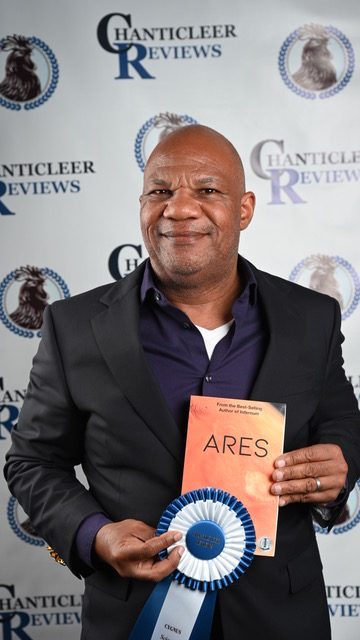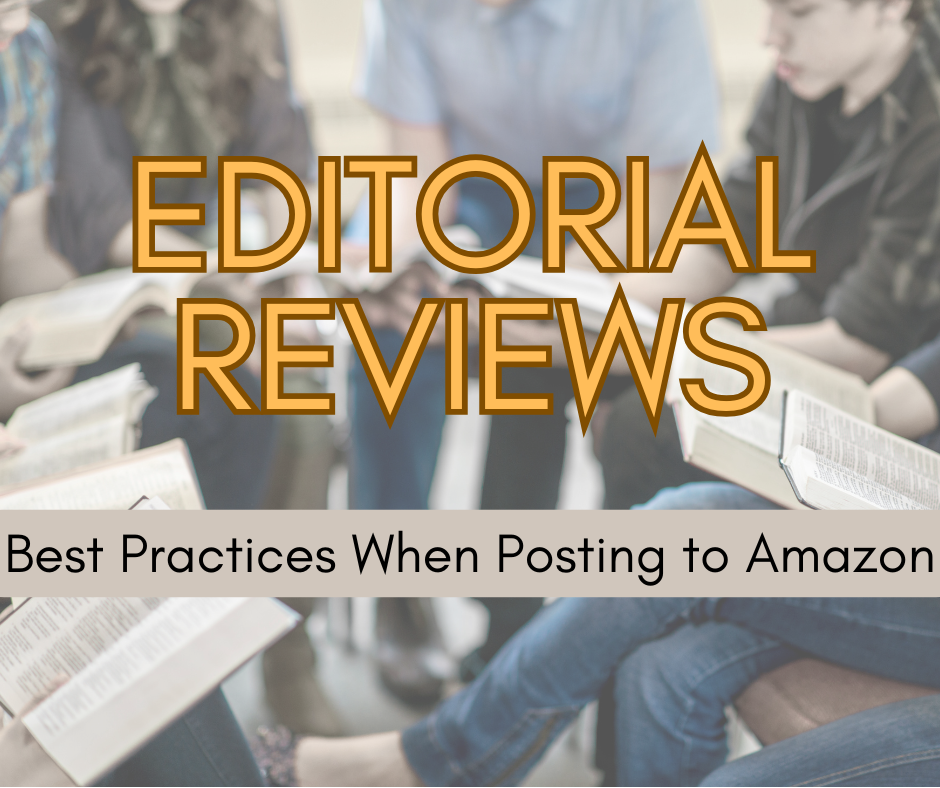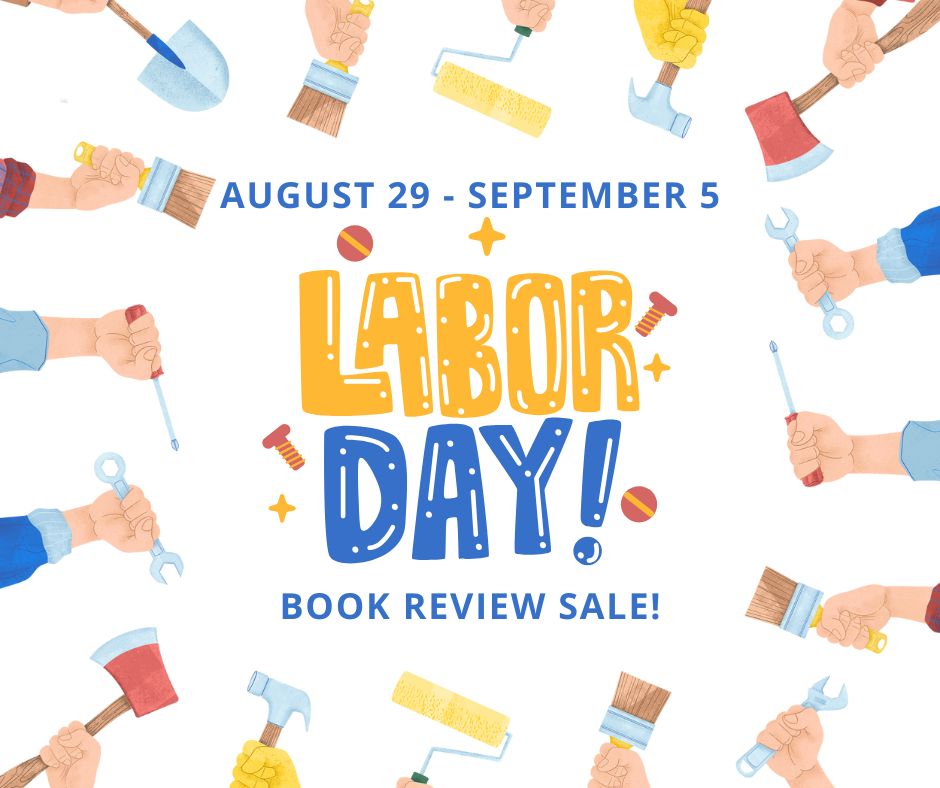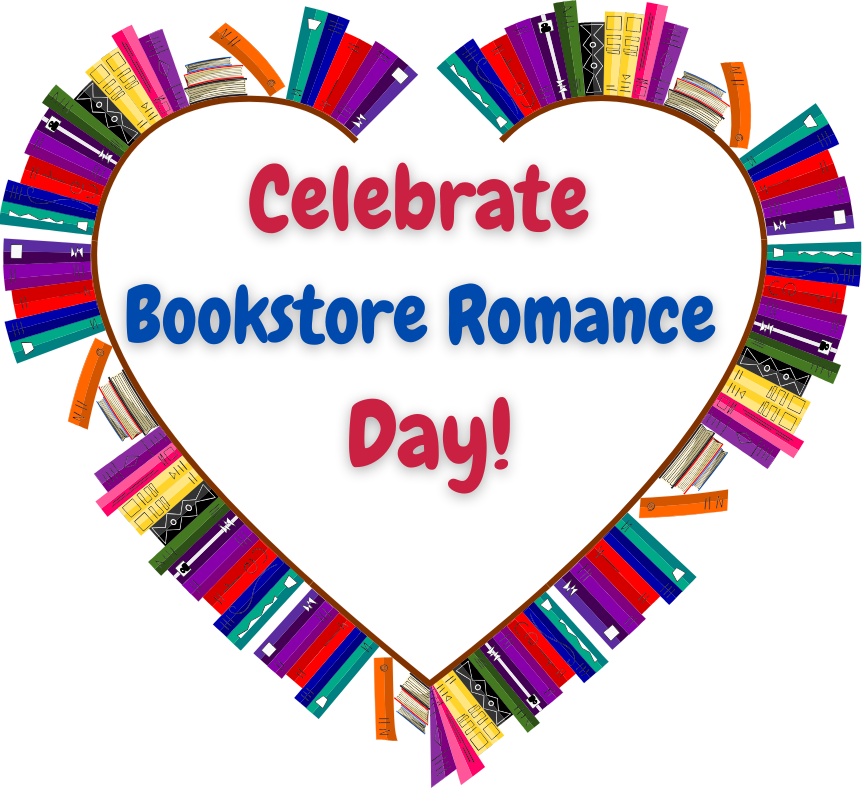|
Listen to or download this article:
|
Few sights are more thrilling than seeing your book lined up on an independent bookstore shelf—your name on the spine, your story ready to find its perfect reader.
Getting there takes more than luck. It requires strategy, relationship-building, and understanding how bookstores actually operate.

After speaking with event coordinators, consignment managers, buyers, and successful authors, we’ve gathered the most practical advice for getting your book into independent bookstores. The good news? There are three distinct pathways to explore, and each offers unique opportunities for building lasting relationships with booksellers.
The Three Pathways to Bookstore Success
Understanding your options helps you choose the right approach for your situation and goals:
Events – Host readings, signings, or launch parties
Consignment – Place books directly with individual stores
Wholesale Orders – Get picked up through distributors like Ingram
Each pathway requires different preparation, but all share one crucial element: treating booksellers with genuine respect and professionalism.
The Golden Rule of Bookstore Relationships

Before diving into strategies, remember this fundamental truth: day-to-day booksellers are often the people who will hand-sell your book to customers. Making a positive impression isn’t just good manners—it directly impacts your sales potential. Consciously or unconsciously, people are less inclined to recommend books by authors who’ve treated them poorly.
The publishing world is surprisingly small, and bookstore networks are even smaller. Always maintain your professionalism, even during challenging interactions. Your reputation travels faster than you might expect.
Pathway #1: Starting with Events

Our own David Beaumier at an author event
Most authors connect with bookstores through events first. This approach builds relationships while giving you immediate face-to-face time with both booksellers and potential readers.
Research Before You Reach Out
Visit the bookstore’s website and thoroughly explore their events section. Understanding their process, requirements, and calendar helps you ask informed questions rather than basic ones that signal you haven’t done your homework.
Respect Their Time and Schedule
Bookstore staff often wear multiple hats, so timing matters enormously. If an events coordinator prefers meeting in person, work within their schedule. Showing up unannounced or at inconvenient times can create resentment rather than opportunity.
Take Ownership of Your Promotion

Think of bookstore events like editorial reviews or book awards—the venue provides some promotion, but their audience is broader than yours. Not everyone who follows their social media will be interested in your specific book.
Your promotional responsibilities include:
- Using any media kit templates the bookstore provides
- Reaching out to local publications and media
- Connecting with regional bookseller associations (like the Pacific Northwest Booksellers Association)
- Leveraging your own social media and newsletter
The most successful events happen when you leverage multiple forms of promotion simultaneously.

Pathway #2: Consignment Programs
Rather than jumping straight to wholesale orders, research whether bookstores offer consignment programs. In consignment arrangements, you act as your own distributor—delivering books directly and managing inventory.
The Consignment Advantage
- Better profit margins: You can receive as much as 70% of sales revenue
- Direct relationships: Regular contact builds stronger connections with staff
- Flexibility: Easier to adjust inventory based on what’s actually selling
Smart Consignment Management
Ruth Amanda, the 2024 CIBA Little Peeps Grand Prize Winner, offers brilliant practical advice: keep a master list of every consignment location with contact names and phone numbers. Once quarterly, make your rounds in one efficient sweep, calling ahead to check inventory levels.
Pro tip: When visiting to restock, give advance notice of your arrival time. This courtesy allows bookstore staff to plan their day and potentially spend time discussing how your book is performing or ways to improve its placement.

Pathway #3: Getting Picked Up by Buyers
The ultimate goal for many authors is having bookstores order directly through distributors like Ingram. This creates ongoing sales without requiring you to manage individual store relationships.
Understanding “At Terms”
Bookstores look for books available “at terms,” which means:
- Returnable: You accept returns of unsold inventory
- Regular discount: Typically 45% off retail price for bookstores
The Returns Reality

Don’t return the toys!
Returns can feel scary because it means you pay shipping both ways, and money you thought you’d earned gets clawed back. For paperbacks, you can opt for “destroy returns” where bookstores remove the cover and recycle the rest rather than shipping books back.
However, non-returnable books face significant disadvantages. With bookstores operating on thin margins and limited shelf space, they’re less likely to risk inventory space on non-returnable titles when proven authors offer returnable options.
The Magic of “REG” Status
When you set your wholesale discount at 45%, a special code appears on Ingram’s ordering system: “REG” (regular discount). This green flag signals to bookstore buyers that your book meets industry standards for wholesale ordering.
Most bookstores will work with discounts as low as 35%, but that 45% threshold creates preferential treatment in ordering systems.
Getting on Ingram
Ingram dominates English-language book distribution worldwide. For independent authors, they’re the primary distributor that bookstores trust and use regularly. The good news? Getting your books into their system is straightforward through services like IngramSpark.
Building Champion Relationships
The most successful authors understand that bookstore relationships often extend beyond business transactions. Ruth Amanda’s experience illustrates this perfectly: a gift shop owner whose grandson loves Ruth’s writing became a champion who helped her get into five additional gift shops, plus museums that now carry her books.
When someone champions your book:
- Express genuine gratitude
- Keep them updated on new releases
- Offer them first copies or special editions
- Remember that these relationships can open unexpected doors
Champions can emerge from the most unlikely places—gift shop owners, bookstore customers, even other authors. Stay open to possibilities and nurture relationships that feel authentic.
Professional Presentation Materials
When approaching bookstores, treat your materials like a gift that shows respect for their time and consideration.
Essential Media Kit Components
- Your book (obviously)
- Professional sell sheet with key details and selling points
- Promotional materials like bookmarks, pins, or branded items
- Personal touch like tissue paper, color coordination, or small treats
The presentation signals that you take your work and their consideration seriously.
In-Store Promotional Opportunities
Once you’ve established a relationship, ask about additional promotional support:
- Shelf talkers highlighting your book
- Bookmarks for customers
- Window display opportunities
- Cross-promotion with related events

A shelf talker for Chanticleer Author Susan Faw’s Award Winning book, Seer of Souls
Don’t assume these opportunities exist, but don’t hesitate to ask. The worst they can say is no, and many bookstores appreciate authors who think proactively about sales support.
Timing Your Approach
- Best timing for initial contact: When you have a finished cover and confirmed publication date
- Follow-up protocol: Reach out twice over two weeks, then call to ask about preferred contact timing if you haven’t heard back
- Relationship maintenance: Quarterly check-ins for consignment, annual updates for wholesale accounts
Setting Realistic Expectations
Courting bookstores requires persistence, patience, and thick skin. Not every store will be interested, and that’s normal rather than personal rejection. Focus on building genuine relationships with stores that align with your book’s audience and your values as an author.
Success often builds slowly. One store can lead to referrals, one event creates ongoing relationships, one champion opens multiple doors you never expected.
Your Next Steps
Getting a self-published book into bookstores is essentially a job in itself. But independent authors have already proven they possess the essential qualities: persistence, patience, and unwavering belief that their book deserves shelf space.
Start with research, approach with professionalism, and remember that every successful author-bookstore relationship began with that first respectful conversation.

Professional Support for Bookstore-Ready Books
When approaching bookstores, presentation quality matters enormously. Booksellers can immediately spot the difference between professionally prepared books and amateur efforts.
Chanticleer Editorial Book Reviews provide the professional third-party validation that bookstores respect. Our comprehensive reviews serve as powerful marketing material while offering robust SEO optimization that maintains long-term value. When bookstore buyers see professional review credentials, it signals serious authorship.
Chanticleer International Book Awards (CIBAs) recognition creates the “award-winning author” credentials that help books stand out in competitive markets. Our 28 divisions across fiction and non-fiction categories provide multiple opportunities for recognition that bookstores and customers value.
Both services generate the professional credibility that serious bookstore relationships require—exactly the kind of validation that transforms good books into shelf-worthy titles.











Leave A Comment